The impact of weather on the vine cycle
The Cognac region experienced challenging rainfall in 2024, with the equivalent of two years' worth of rain falling in just eight months. This adverse weather resulted in a slowdown of our vines' cycle. Vines go through a flowering stage before producing their fruits, and for proper pollination to occur, the flower needs warmth and light. However, this year, due to low temperatures and bad weather, flowering lasted three weeks, twice the usual amount of time. As a result, the first flowers were fertilized very unevenly on the same vine, leading to unequal maturity between grape clusters.
Increased rainfall also brings the risk of diseases, such as downy mildew, a devastating vine disease, which was fortunately treated in time - first at the beginning of the season with natural defence stimulators, then before the rain - by the Ferrand Team led by Corentin Negre, our vineyard manager. His teams ensure constant surveillance of the vineyards, physically inspecting the rows of vines, ready to intervene at a moment’s notice. It's thanks to this reactivity that, in a true "race against time," everyone mobilized their efforts, including weekends and holidays, to preserve the precious vines.
"Thanks to the team's hard work, we managed to fight against the disease and save this year's harvest. It hasn't been easy every day; sometimes we felt powerless, but nobody ever gave up. I'm proud of what we've accomplished together. This work will bear fruit, I'm convinced of it and will allow us to produce a delicious cognac!" — Corentin Negre, Vineyard Manager, Maison Ferrand
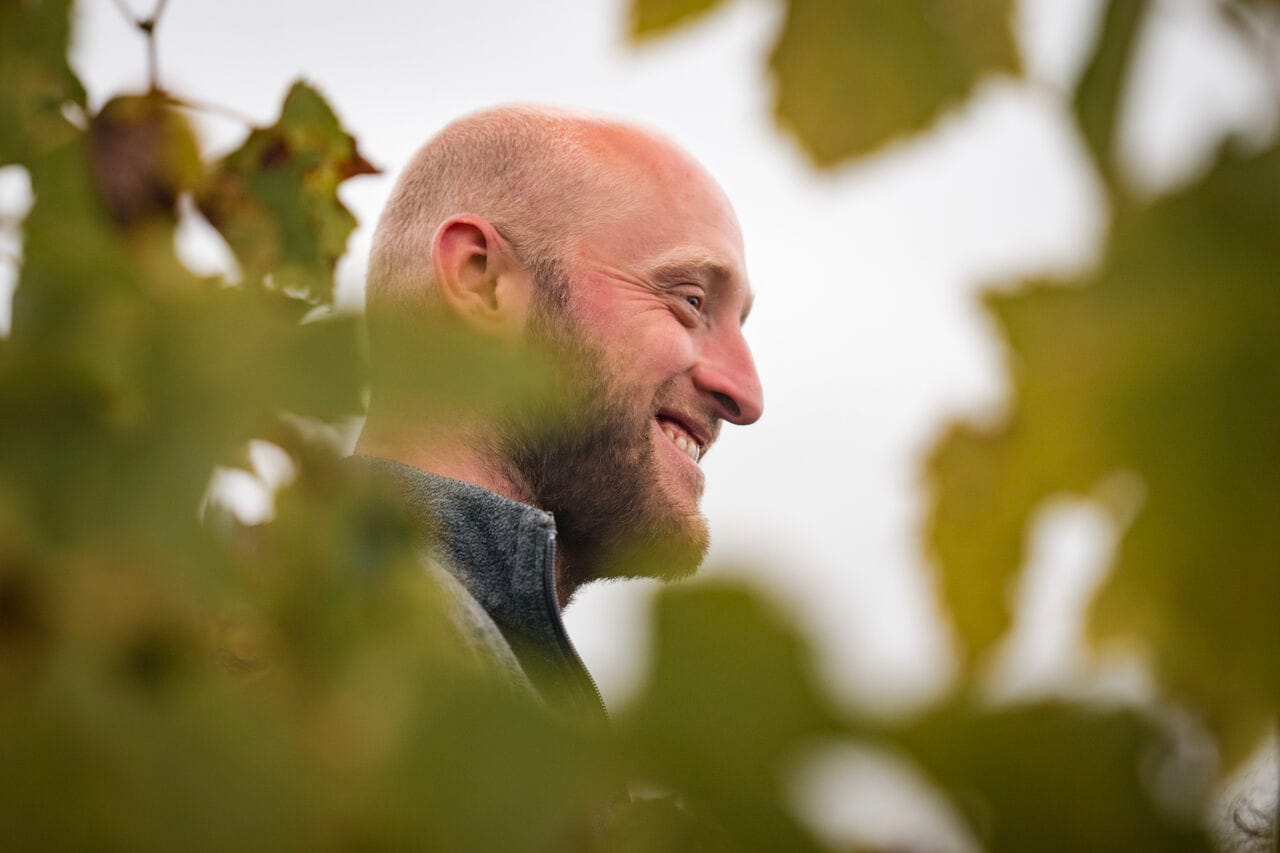
Ferrand Cognac's expertise shines in the harvest
From there, we had two options regarding the harvest date: start earlier - risking insufficiently ripe grapes, with a green taste and excess acidity. Or delay and risk over-ripeness of the grapes. However, the choice was made to be patient, to gain in quality and avoid green defects, but also to obtain higher alcohol degrees. Indeed, with suitable weather, vines typically gain one potential alcohol degree per week. However, this year, the lack of sunshine and cold weather stopped this traditional development.
The 2024 harvest required all the know-how and expertise of our teams. To obtain perfect grape quality, selection was done plot by plot, starting by hand with the Folle Blanche - an early-ripening grape variety - from the 1.5 hectares of vines replanted in 2022 around Château de Mademoiselle. Then came: the Colombard in Borderies, followed four days later by the Ugni Blanc, under the supervision of deputy cultivation manager Mickaël. Then began the harvests in Grande Champagne, led by the most experienced in the field: Vincent - also deputy cultivation manager - before finishing with Fins Bois. Harvesting was never done in the rain, as this would fill the bins with water, diluting the grape juice. Therefore, it was often necessary to stop regularly and wait for the foliage to dry. An additional challenge came for our tractor drivers Natacha, Loïc, Jeudicaël, Maxime, and our young apprentice Corentin when they risked getting stuck in the heavily waterlogged soils.
The wines are distilled without delay after harvesting, thus preserving their integrity and capturing all the purity of the individual grape varieties. Thus, even in the face of ever-changing weather nothing will change our Ferrand cognacs, where product excellence is at the heart of every step of the production process.
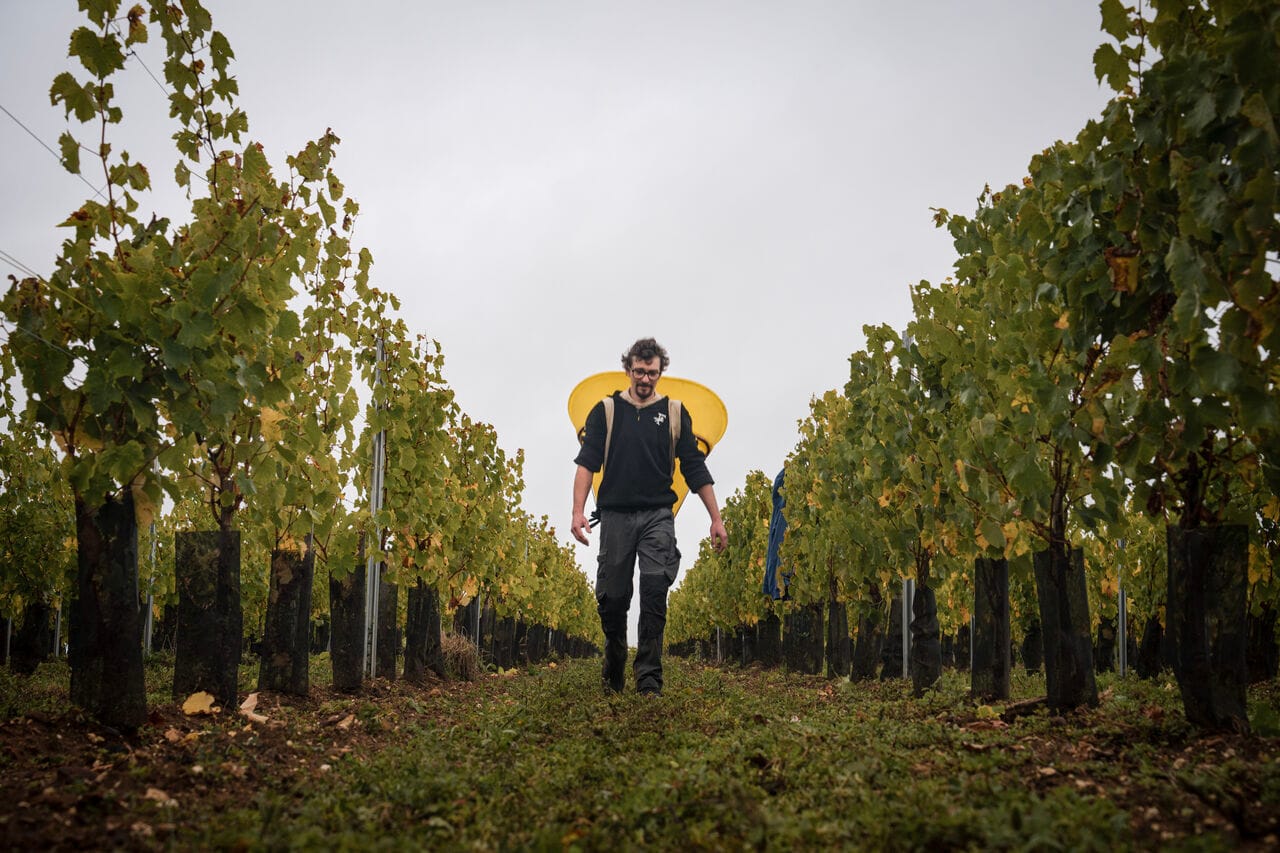
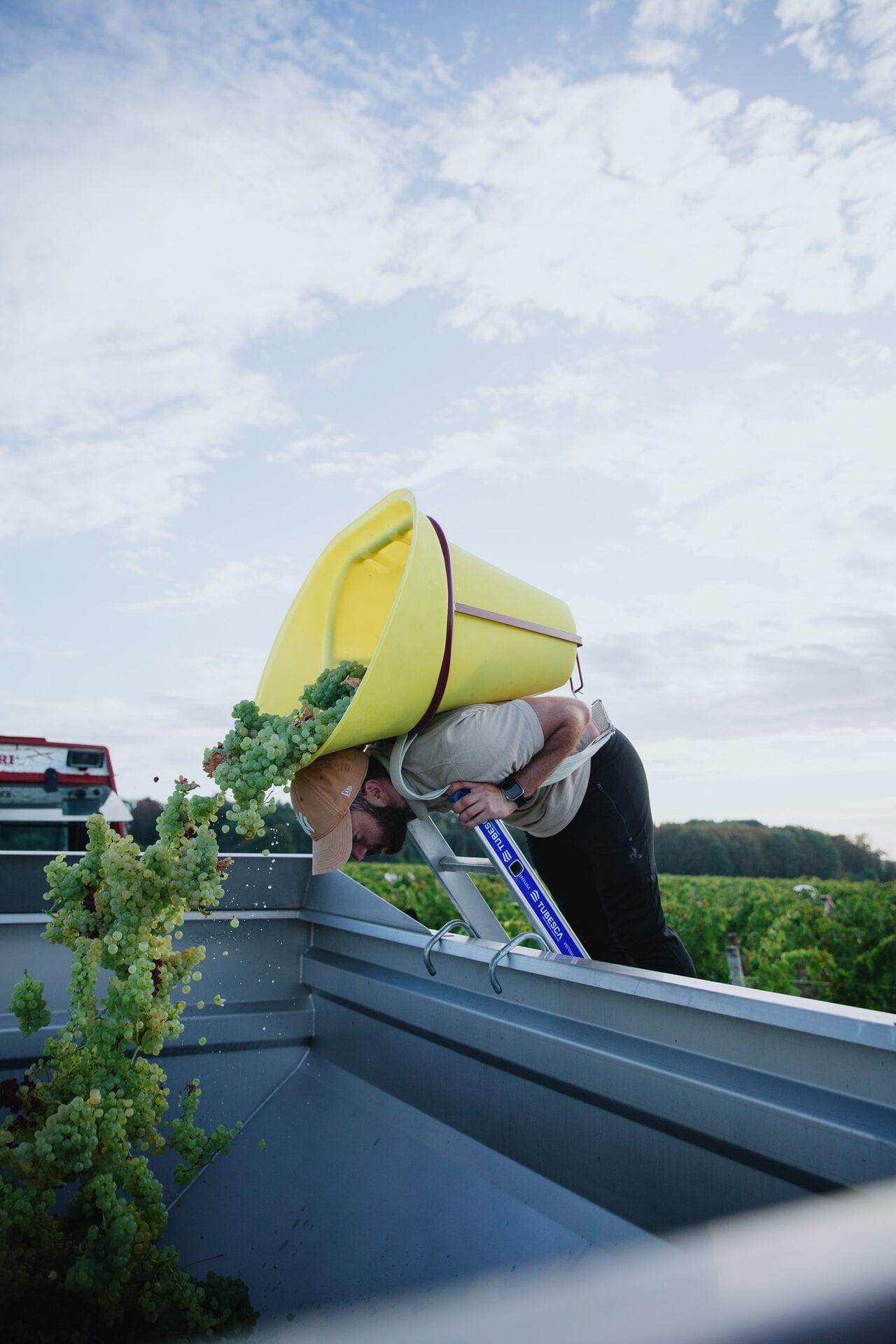

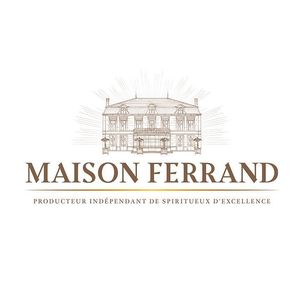
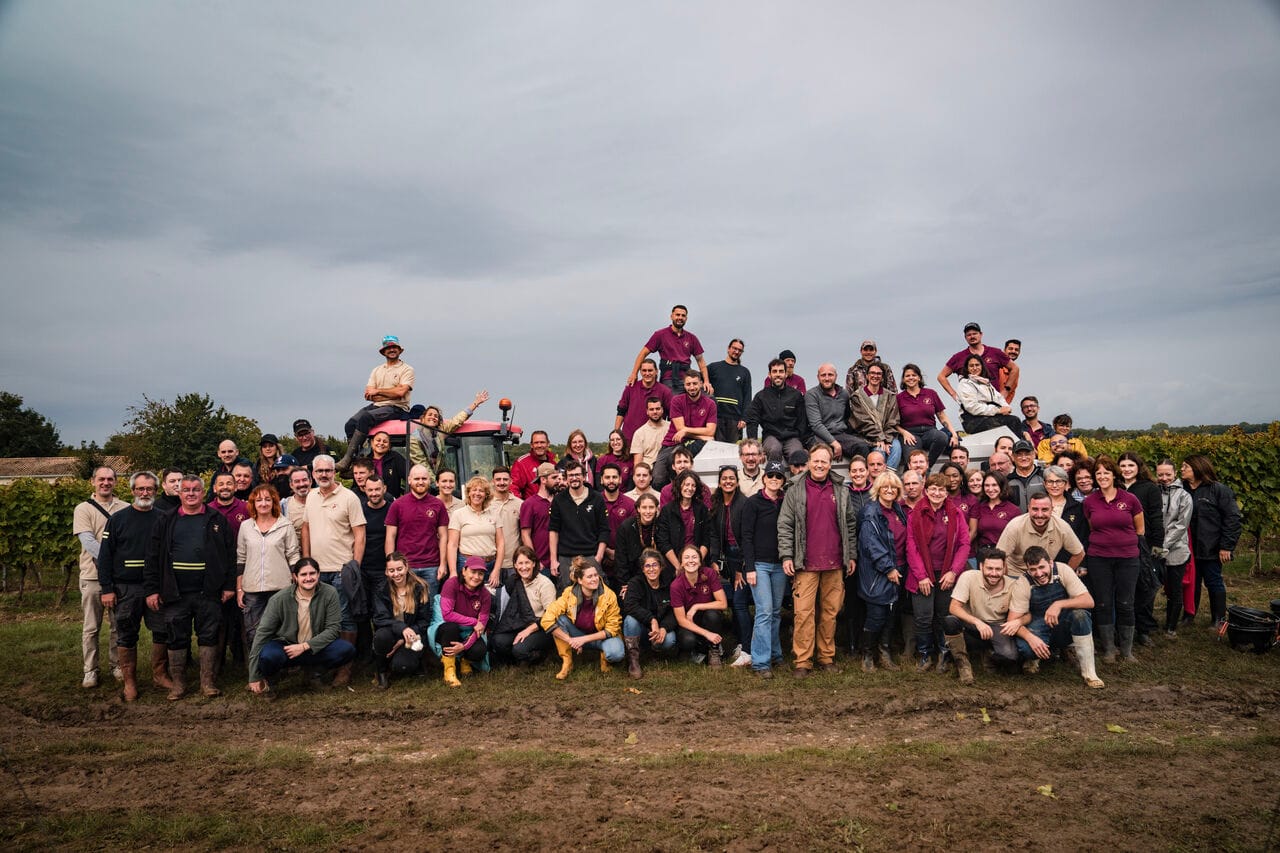
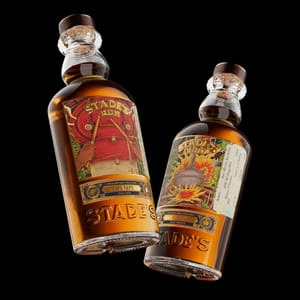
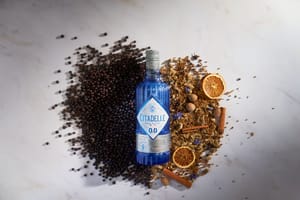
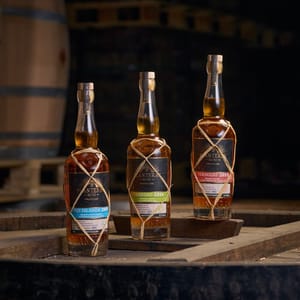
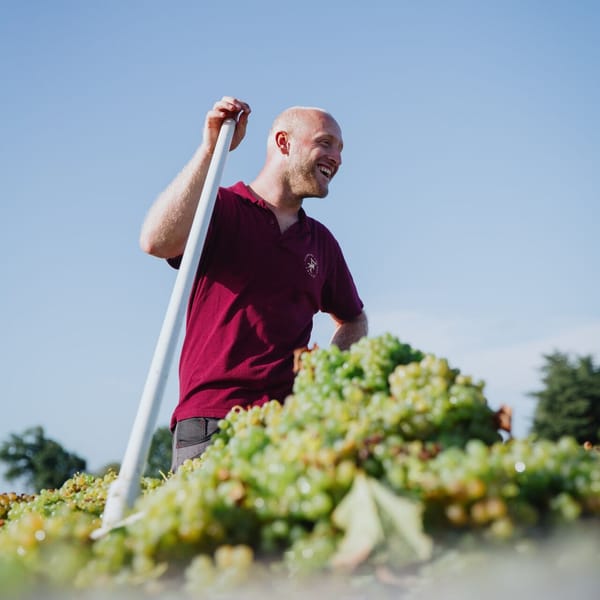
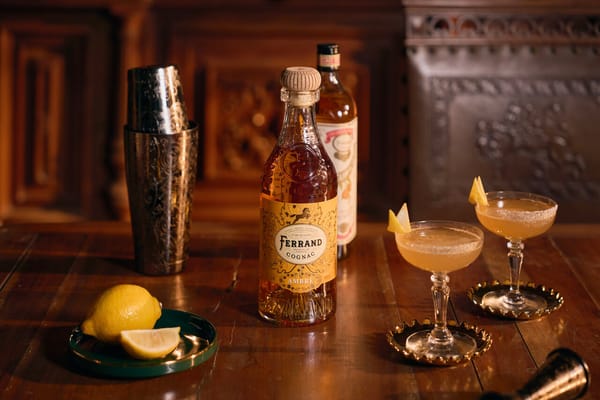
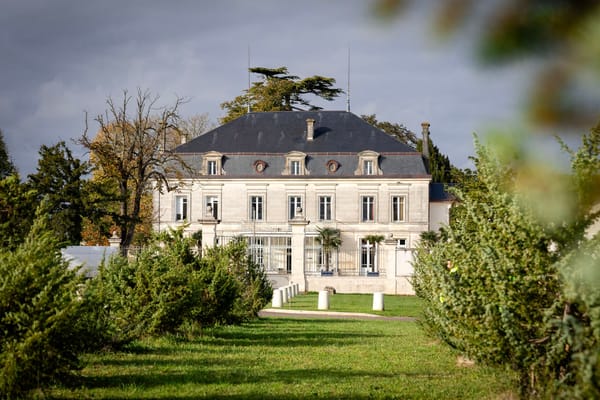
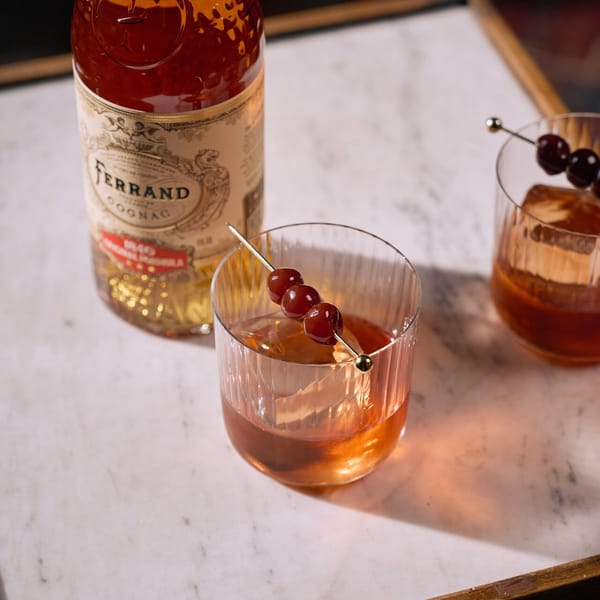
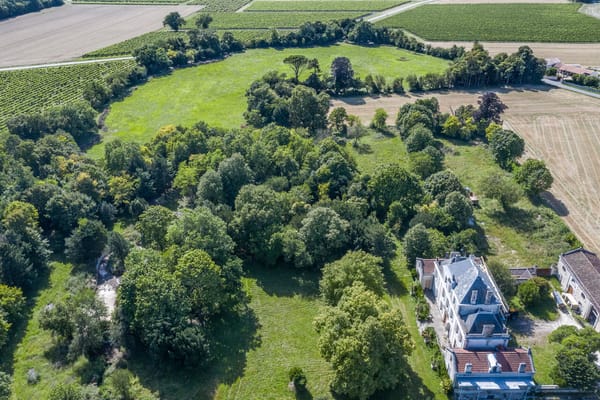
Member discussion